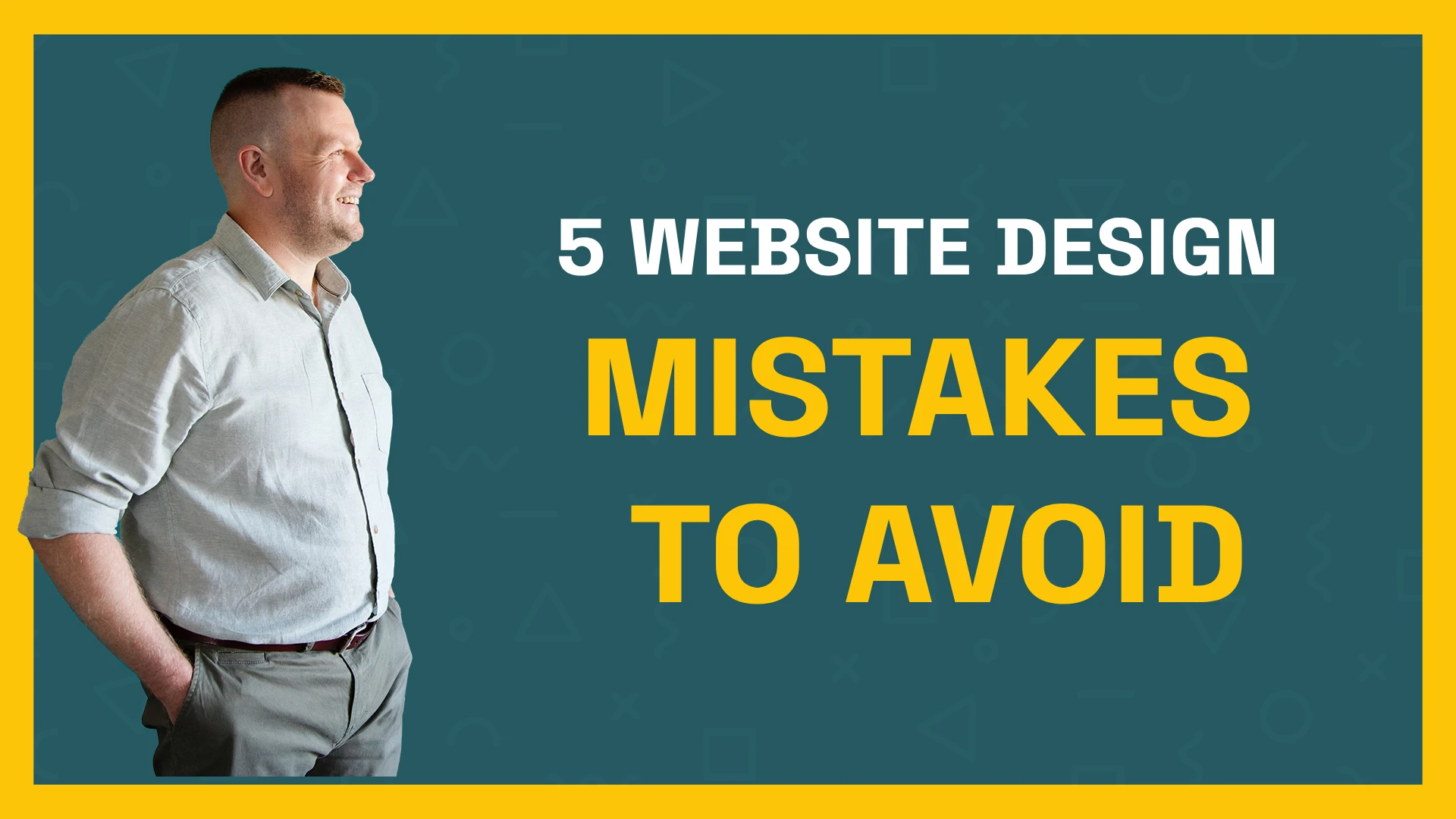
1. Slow Loading Speeds
Why It’s a Problem:
In today’s fast-paced world, people expect instant access to information. A slow-loading website can frustrate visitors and increase your bounce rate. In fact, studies show that 53% of mobile users will leave a site if it takes more than three seconds to load.
How to Fix It:
- Optimise images by compressing large files without losing quality.
- Use a Content Delivery Network (CDN) to speed up load times.
- Minimise the use of heavy scripts and plugins.
- Choose a reliable hosting provider that ensures fast performance.
Fast-loading websites don’t just retain visitors; they also rank higher in Google search results.
2. Poor Mobile Responsiveness
Why It’s a Problem:
With over 60% of web traffic coming from mobile devices, a website that doesn’t look good or function properly on phones and tablets will alienate a significant portion of your audience.
How to Fix It:
- Use responsive web design to ensure your site adapts seamlessly to different screen sizes.
- Test your site on multiple devices to identify any layout or functionality issues.
- Simplify navigation for mobile users with clear menus and touch-friendly buttons.
A mobile-friendly website improves the user experience and boosts your credibility.
3. Cluttered Design
Why It’s a Problem:
Too much information, overwhelming visuals, or an unorganised layout can confuse visitors and make it hard for them to find what they need. This leads to frustration and missed opportunities.
How to Fix It:
- Embrace white space to give your content room to breathe.
- Stick to a clean, consistent design with a clear visual hierarchy.
- Limit the number of fonts and colours to create a cohesive look.
- Focus on one primary call-to-action (CTA) per page to guide users effectively.
A clean design makes your website look professional and helps visitors focus on what matters most.
4. Hard-to-Find Contact Information
Why It’s a Problem:
If customers can’t easily find your contact details, they’re likely to give up and go elsewhere. Accessibility builds trust, while hiding your contact information sends the wrong message.
How to Fix It:
- Display your phone number, email address, and physical location prominently on every page, ideally in the header or footer.
- Include a dedicated “Contact Us” page with a simple form for enquiries.
- Add live chat functionality for real-time customer support.
Making it easy to connect with your business encourages engagement and improves customer satisfaction.
5. Lack of Clear Navigation
Why It’s a Problem:
Visitors shouldn’t have to hunt for the information they need. Confusing menus or too many clicks to access important content will frustrate users and drive them away.
How to Fix It:
- Use a simple, intuitive menu structure with clear labels.
- Organise your pages logically, grouping similar content together.
- Add a search bar to help users quickly find specific information.
- Include internal links to guide visitors through your site seamlessly.
When navigation is straightforward, users are more likely to stay longer and explore your offerings.
In Summary
Your website is a powerful tool for attracting and converting customers, but even small design mistakes can have a big impact on your success. By addressing these five common issues, you can create a site that’s fast, user-friendly, and designed to keep customers coming back.
At Onside Online, we specialise in creating fast, responsive, and conversion-driven websites that help businesses thrive. Whether you need a redesign or a brand-new site, we’re here to help. Contact us today to learn how we can transform your online presence!
Cheers,
Leigh from Onside Online
